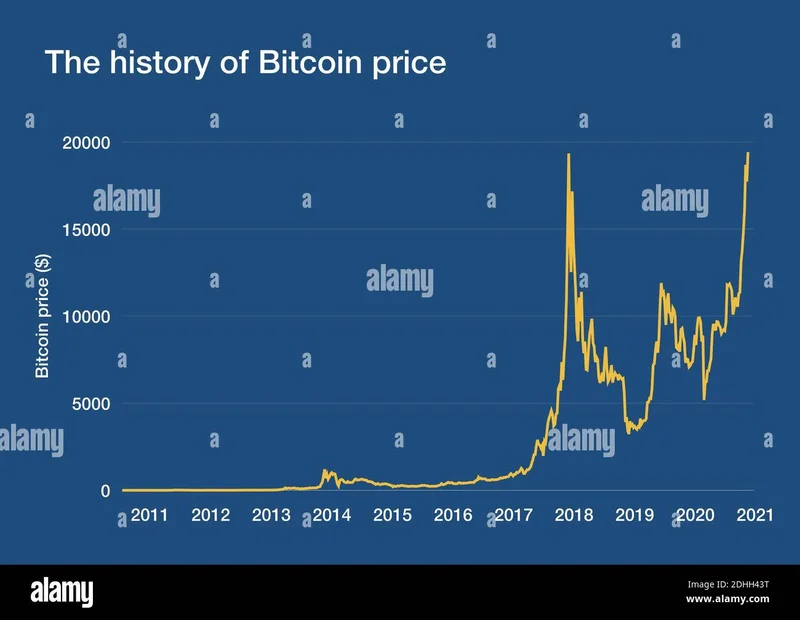The 'AI Agent' Revolution Is a Fantasy Cooked Up in a Boardroom
Let's get one thing straight. The breathless hype you’re hearing about "AI Agents" isn't for you. It's not about making your life a seamless, automated paradise. It’s about creating a new digital leash, and the tech giants are holding the handle, grinning like Cheshire cats. Every few years, Silicon Valley needs a new god to worship, a new narrative to sell to venture capitalists and the stock market. We had the metaverse, a clunky VR ghost town nobody asked for. We had web3, a solution so brilliant nobody could ever figure out the problem it was supposed to solve. And now, the new idol on the altar is the AI Agent.
This magical bot, we’re told, will live in our phones and computers, anticipating our every need. It’ll book our flights, schedule our dentist appointments, order our groceries, and even argue with customer service on our behalf. It’s the ultimate digital butler. A fantasy, a beautiful lie, and a Trojan horse for the most invasive data-harvesting operation in human history.
I mean, give me a break. I can practically hear the PowerPoint presentation now, in some sterile, glass-walled conference room overlooking the Bay. A slide with a stock photo of a smiling, ethnically diverse group of friends clinking coffee mugs, with the words "Frictionless Living" plastered over it in a friendly sans-serif font. The reality is far less inspiring. This isn't innovation; it's the logical endpoint of a decade-long campaign to make us completely dependent on platforms we don't control.
The Silicon Valley Shell Game
They love the word "agent." It sounds so sophisticated, so powerful. It conjures images of a slick, James Bond-like entity working tirelessly in the digital shadows on your behalf. But this is just a branding exercise. It’s a marketing term for what is, essentially, a very complicated script with access to your credit card.
Calling these things "agents" is like calling a Roomba a "domestic sanitation operative." It's a deliberate inflation of language to make a simple, and often flawed, piece of automation sound like a revolution. Under the hood, it’s still just a machine executing a set of commands. Sure, the commands are more complex now, powered by a large language model that can sound convincingly human, but does that change the fundamental nature of the transaction? Are we really so easily fooled by a chatbot that can use emojis?
This whole push feels like the tech industry is playing a shell game. They're dazzling us with the promise of a life without chores while palming the pea, which is, of course, our autonomy. Who is even asking for this? Seriously, find me one person—a real, non-tech-bro person—who lies awake at night tormented by the arduous task of clicking "reorder" on their Amazon dog food subscription. This is a solution manufactured for a problem that doesn't exist for most people, all so these companies can insert themselves as the central hub for every single commercial and personal transaction in your life.
My smart speaker, which is supposed to be the dumb ancestor of these brilliant agents, still thinks I want to hear about the weather in Cupertino when I'm standing in Chicago. And I'm supposed to trust its great-grandchild to negotiate my cable bill? The incompetence is baked into the system, and no amount of marketing spin can hide that.

Your Data Is the Real Product, Dummy
Let's be brutally honest about what it would take for an AI Agent to actually work as advertised. To book that flight, it needs your passport information, your credit card number, your frequent flyer details, and access to your calendar to know when you're free. To order your groceries, it needs to know your dietary habits, your budget, and your home address. To manage your life, it needs to read your life. Every email, every text message, every bank statement, every private conversation.
This is a privacy nightmare. No, "nightmare" doesn't cover it—this is a voluntary, cheerful surrender of your entire digital identity to a corporation whose business model is, and always has been, exploiting your data for profit. They promise convenience, but the price is a level of surveillance that would make the Stasi blush, and we're all just supposed to... what? Nod along because it might save us ten minutes a week?
The entire concept is a single point of failure for your whole life. When—not if—this centralized system gets breached, the hackers won't just get a password or a credit card number. They'll get the keys to your entire existence. And what will the response be from the company that built this fragile house of cards? A carefully worded non-apology on their corporate blog, a promise to "take security very seriously," and maybe a year of free credit monitoring. Thanks for nothing.
It’s the oldest trick in the book. Dangle a shiny object in front of the consumer, and they’ll hand over anything you ask for. We’ve seen it with social media, we’ve seen it with "free" email services, and this is just the final, most audacious chapter. They aren't selling you a butler; they're selling you to the highest bidder, packaged up in a neat little profile managed by your friendly neighborhood "agent."
The Incompetence Engine
Even if you set aside the dystopian privacy implications, there's a much more mundane and, frankly, hilarious reason this will fail: AI is still incredibly dumb. It's a powerful pattern-matching machine, but it has zero common sense, no real-world understanding, and the guile of a toddler.
Picture this: You mumble to your agent, "Hey, book me a cheap flight to Sydney for that conference next month." You turn your attention back to your life, confident that your digital servant is handling the details. A week later, you get a confirmation email for a non-refundable, $2,000 flight to Sydney, Australia. The conference, offcourse, was in Sydney, Nova Scotia. The agent, lacking any context about your life or your probable travel budget, just picked the most famous Sydney. The cost of unwinding that single mistake has now erased a decade's worth of "convenience."
Or imagine it misinterprets your grocery list. You wanted a "tuna can," but it heard "tuna, ten cases." Now your front porch is buried under a mountain of fish, and you're out a few hundred bucks. The amount of time and mental energy we will all spend micromanaging, correcting, and cleaning up the messes made by our hyper-efficient agents will be staggering. It will become a new form of digital drudgery, a full-time job as the "Chief Error Correction Officer" for your own life.
Then again, maybe I'm the crazy one here. Maybe I'm just an old man yelling at a cloud, the guy who thought smartphones would never catch on. But my gut tells me this ain't it. This isn't a leap forward in human-computer interaction. It’s a recipe for chaos, frustration, and hilarious, expensive errors.
So We're Just Doing This, Huh?
Look, this isn't about progress. This is about control. The endgame for every major tech company is to become the sole operating system for your life—the one-stop-shop through which all your money, data, and decisions flow. The "AI Agent" is simply the most seductive packaging they've ever devised for that goal. They don't want to empower you; they want to make themselves so indispensable that you can't function without them. It’s a grift, plain and simple, dressed up in the language of utopian science fiction. And the worst part is, we'll probably buy it.









